by Marissa Trew, Web in Travel
No one doubts the impact of Covid-19 will be felt in every sector, from airlines to hotels and startups. A report from Velocity Ventures, a VC fund based in Singapore, for example, anticipates a drop in funding of 25% for startups in South-east Asia. But all are keeping an eye on when recovery will kick in.
At GlobalData, director of Automotive and Travel & Tourism Consulting, Animesh Kumar, observed that tourism-dependent countries in Asia would bear the brunt of the impact as China outbound numbers drop dramatically.
According to GlobalData, China accounted for about 12% (159 million) of global outbound travel in 2019. Chinese outbound also had the second highest spending in last year, amounting to approximately US$275bn.
“In Vietnam, tourism… contributes 6-7% of the GDP. Due to the impact of coronavirus, Vietnam tourism industry can witness a decline of US$3-7b. The scenario is similar in other key tourist destinations in South-east Asia as countries like Thailand, Malaysia and Singapore are expected to lose US$3-6bn in tourism-related revenues,” explained Kumar.
Velocity Ventures, a private Venture Capital fund, based in Singapore, which has also issued a report, “Covid-19: Impact & Outlook On The Travel and Hospitality Industry in South-east Asia”, echoes similar sentiments, pegging Chinese tourism as up to 10.5% of Cambodia’s GDP, 5.9% of Thailand’s GDP and 3.4% in Vietnam.
Velocity Ventures’ report also assessed the SARS outbreak in 2003 as a potential indicator of what the landscape could look like, once the dust begins to settle. In 2003, ASEAN saw international arrivals drop by 5.4m, a decline of 13.2% YOY. Singapore saw a 30% decline in tourist arrivals in Q2, 2003, while Thailand’s tourist arrivals dropped by 46%-55%.
Despite the plummet, the report also stated that recovery was swift, with arrivals growing by 31.1% the following year in 2004. Short-haul flights were the first to recover, followed by long-haul. It argued that post-SARS, outbreaks (like bird flu, swine flu and MERS) had a diminishing level of impact on international arrivals, as countries were better prepared each time around.
Tourism spending inevitably experienced wobbles too, the report added. Sudden drops in international tourism receipts align with various virus outbreaks and financial crises that occurred between 1995-2017. However, the ASEAN tourism and hospitality industry still saw a compound annual growth rate of 7.1%.
It aligns with Singapore Tourism Board’s predictions that the Covid-19 outbreak would be comparable or worse than SARS, but that it is “better prepared and more resilient.” STB has declared plans to assemble a Tourism Recovery Action Task Force (TRAC) to map out recovery strategies, pulling together Singapore’s private and public tourism sectors.
The world is still watching and waiting for Covid-19 to reach its peak, which can then act as the ‘starting point’ for global recovery. Currently, Velocity Ventures predicts that this might be around April or May 2020.
It also anticipates post-peak recovery will be roughly similar if not shorter than SARS, which took four to five months. The report estimates a full economic recovery in five to nine months (post-peak).
However, it has yet to be seen whether the drastic measures taken by international governments to contain the virus will have paid off. The effectiveness of containment measures will only be well understood by end-February, which will inevitably impact recovery timeframes.
VC funding in South-east Asia could drop by 25% short-term
Velocity Ventures forecasts that private equity and VC funding would dry up in South-east Asia by as much as 25% in the short-term, pushing startups to rely on their own cash flow for one or two quarters.
It predicts that any B2B startups servicing large travel and hospitality corporates might struggle, as corporate priorities shift away from investment during the crisis. “Corporates will be focused on business continuity plans, cost management issues as well as supply chain impact resolution, and therefore engaging start-ups might not be as much of a priority in the short-term,” said Nicholas Cocks, CEO, Velocity Ventures.
The report recommends that startups manage their marketing expenses and other costs carefully. It also suggests that startups with “weaker balance sheets” could face consolidation.
Nevertheless, the most agile startups may be able to discover new business opportunities and adapt accordingly. It could embrace the market’s reduced appetite for investment as a chance to continue developing their existing products or to consider looking at developing new ones.
Said Patrick Imbardelli, chairman, Velocity Ventures, “In challenging times, disruption and new ideas often emerge. This will create opportunities for start-ups to explore new ideas and develop alternative channels and business opportunities.”
Recovery can be swift, if we are brave
While the world waits with bated breath to see how far the virus will spread, there is still space for optimism as the industry prepares itself to bounce back. Whilst the industry takes every precaution to quell any fears, it must also be brave in how it works to prepare itself for the future.
Velocity Ventures regards Covid-19 as “less severe and likely to also have a shorter recovery [period] than SARS, due to more rapid & transparent information flow, and swift, drastic global measures.” It suggests recovery could potentially be as soon as July to August 2020.
The need for travel won’t dissipate either and it predicts that travel numbers will bounce back relatively swiftly. “I do anticipate that there will also be a build-up of pent-up demand (from both business and leisure travellers) that will generate growth after the outbreak ends and travel patterns normalise,” said Imbardelli.
It is up to every player in the industry to prepare itself for that comeback, so that recovery can be swift and the region’s growth trajectory can continue to increase.
For example, Singapore Tourism Board has stated its aim to position the tourism sector for a strong recovery so that it will be “quick off the blocks”, by working to maintain or even grow Singapore’s brand equity, while supporting local players’ ability to develop new capabilities during the downturn.
